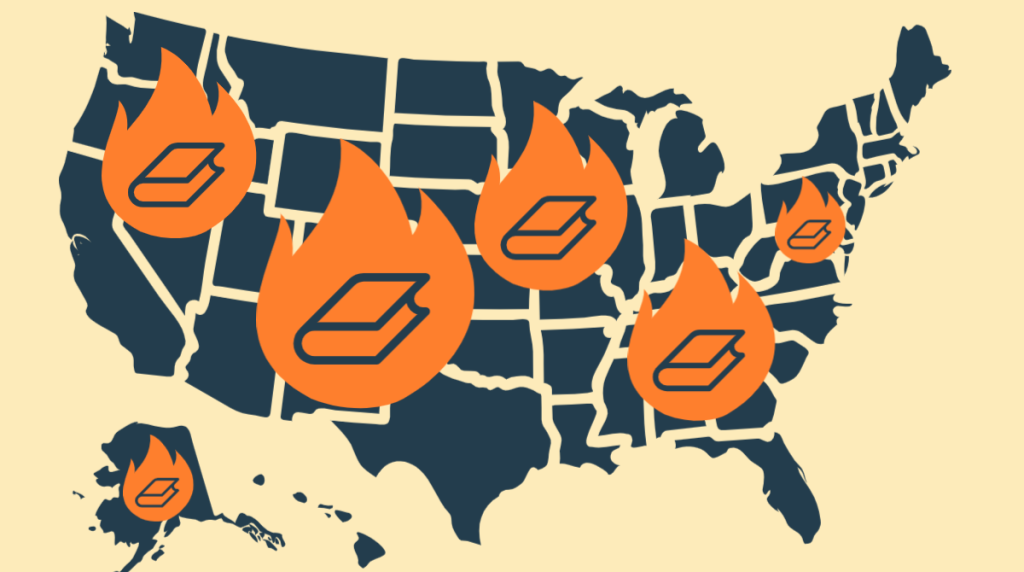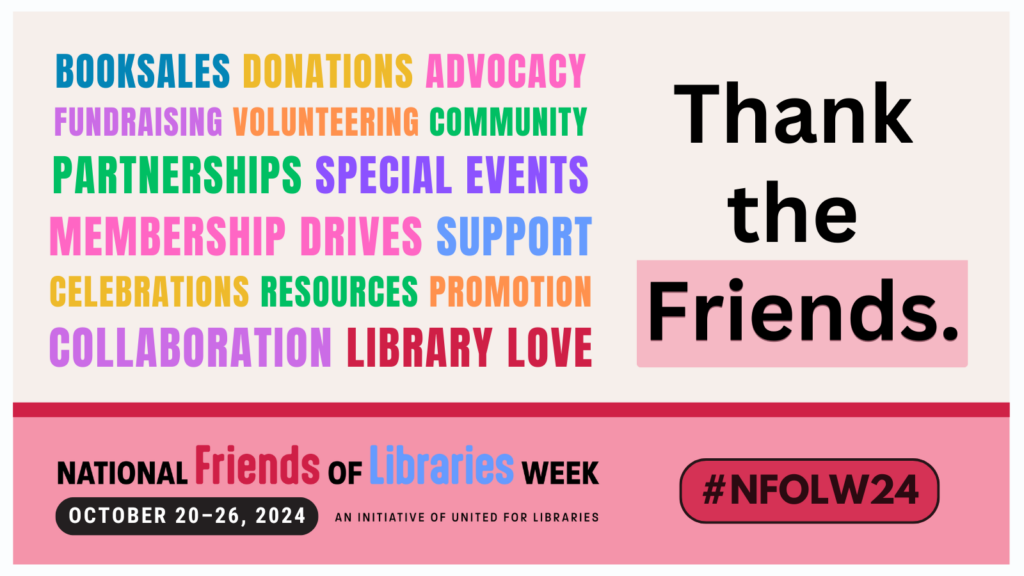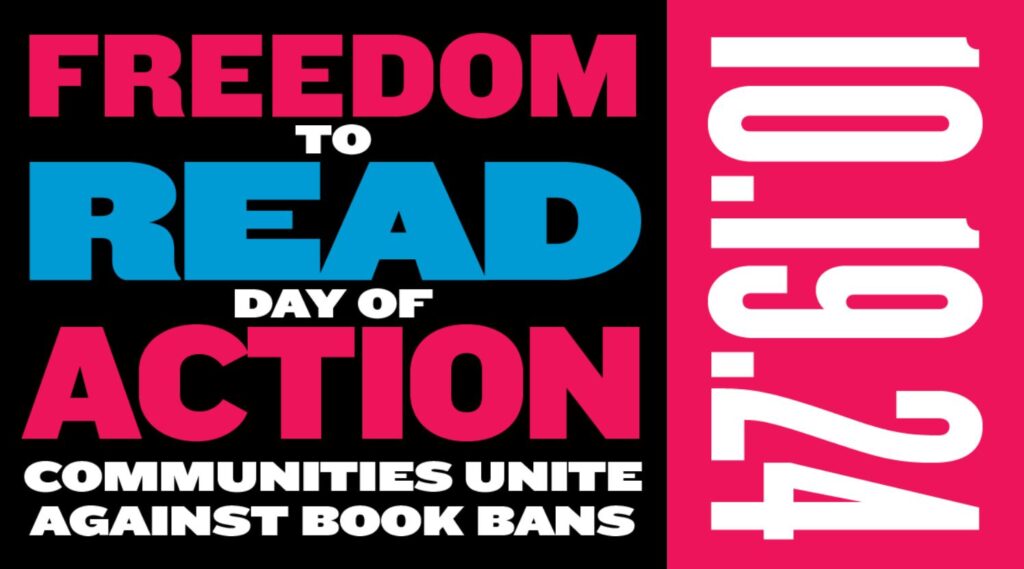Libraries and schools across the country are experiencing unprecedented levels of attempts to ban or remove books from their shelves. I Love Libraries will continue to raise awareness by highlighting attempts to censor library materials, as well as efforts by librarians, parents, students, and concerned citizens to push back against them. This report includes news from Texas, Massachusetts, Minnesota, and Arkansas.
Book bans in Texas spread as new state law takes effect
Book bans are gaining momentum in school districts across the state of Texas—and in some cases going in startling directions—as a new state law further restricting what books students can check out of school libraries takes effect, reports the Texas Tribune.
In Katy, a Houston suburb, school officials recently bought $93,000 worth of new library books only to put them in storage so an internal committee could review them. The district then banned 14 titles, including No, David!, an award-winning children’s book featuring a cartoon character who at one exposes his a cartoon backside. (The ban was eventually rescinded.) And 100 miles to the east, a school district near Beaumont removed a substitute middle school teacher who had read portions of an illustrated adaptation of Anne Frank’s diary to students.
Boston philanthropists launch effort to ship banned books to Floridians
Boston-based philanthropists have come together to help get banned books in the hands of Florida residents, where efforts to ban books have surged, reports WGBH.
Tech entrepreneur and Kayak co-founder Paul English and Joyce Linehan, former chief of policy for the City of Boston and member of the Massachusetts Board of Library Commissioners, founded BannedBooksUSA.org, an online platform where Florida residents can order banned and restricted books for just the price of shipping. They created the platform in reaction to the book bans taking place in Florida, where more than 40% of book bans nationwide in 2022 have occurred in the state's school districts.
English hopes the initiative helps get the books in the hands of readers, but also prompts communities to fight harder against banning books.
“If you look at the authors behind the books that are banned, they're largely BIPOC, Black, gay, Indigenous,” he said. “They're people that have been marginalized with more attempts to marginalize them. And so what the bans are doing is they're not letting these marginalized people tell their story. They're instead trying to tell a very different story about American history and our society.”
Book ban attempts on the rise in Minnesota schools
Efforts to remove books from schools have ramped up across the state of Minnesota, according to Laura Gingras, president of the Information and Technology Educators of Minnesota, the school library division of the Minnesota Library Association.
“This is a relatively new trend in this state,” Gingras told Minnesota Public Radio. “I would say we started anecdotally seeing an uptick in 2021–2022, but it really just ramped up in the second half of the last school year.”
The targeted books contain LGBTQ+ or African American characters, and Gingras said the criticisms of the books are specific. “I am hearing from our members that a core group of individuals in their district is going online to certain websites where they're finding very specific information about the book that is being spread,” she said. “And they have sheets they print out that show these individuals exactly which parts in the book to attack, and then challenge them to go into their school libraries and see if those books are there and try to get them removed.”
Library director fired after months of debate over children’s access to books
A judge in Saline County, Arkansas, fired the director of the county library system October 9, seven weeks after county officials gave the judge some power to hire and fire library staff, reports the Arkansas Advocate.
The county has been at the center of the debate over what content should be available to children in public libraries in the state. Several county residents said at quorum court and library board meetings said that no one under 18 should be able to access some content pertaining to racism, sexual activity, and LGBTQ+ topics, calling it “indoctrination.” The all-Republican Saline County Quorum Court recommended in April that the library “relocate materials that are not subject-matter or age appropriate for children, due to their sexual content or imagery, to an area that is not accessible to children.”
Patty Hector, who ran Saline County Library for seven years, became the target of conservative ire earlier when she refused to follow the quorum court’s recommendation. She told the quorum court in May that “there is nothing wrong with” the books in question.
Hector said that county officials did not give a reason for her firing or ask her to sign any documents.
“I’m thinking I did not do anything wrong, except to not ban books,” she said.
Take action
Alarmed by the escalating attempts to censor books? Here are five steps you can take now to protect the freedom to read.
1. Follow news and social media in your community and state to keep apprised of organizations working to censor library or school materials.
2. Show up for library workers at school or library board meetings and speak as a library advocate and community stakeholder who supports a parent’s right to restrict reading materials for their own child but not for all
3. Help provide a safety net for library professionals as they defend intellectual freedom in their communities by giving to the LeRoy C. Merritt Humanitarian Fund.
4. Educate friends, neighbors, and family members about censorship and how it harms communities. Share information from Banned Books Week.
5. Join the Unite Against Book Bans movement and visit our Fight Censorship page to learn what you can do to defend the freedom to read in your community.



